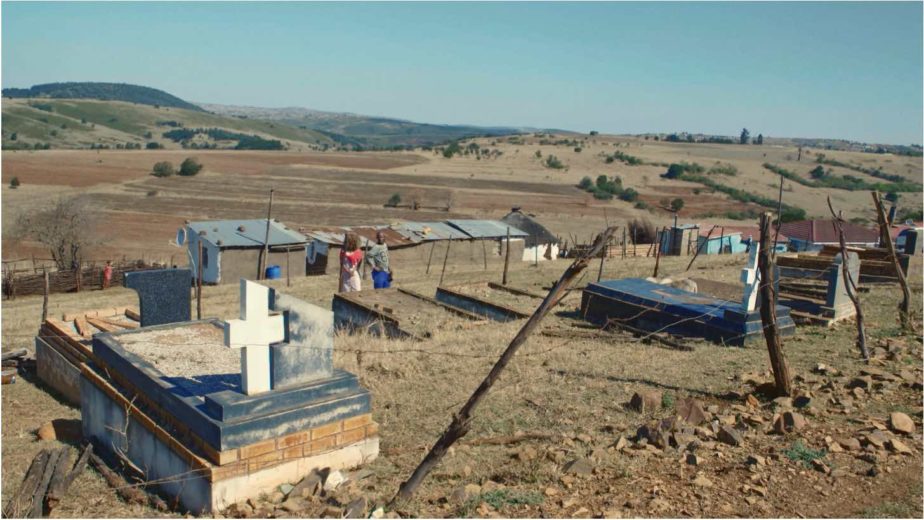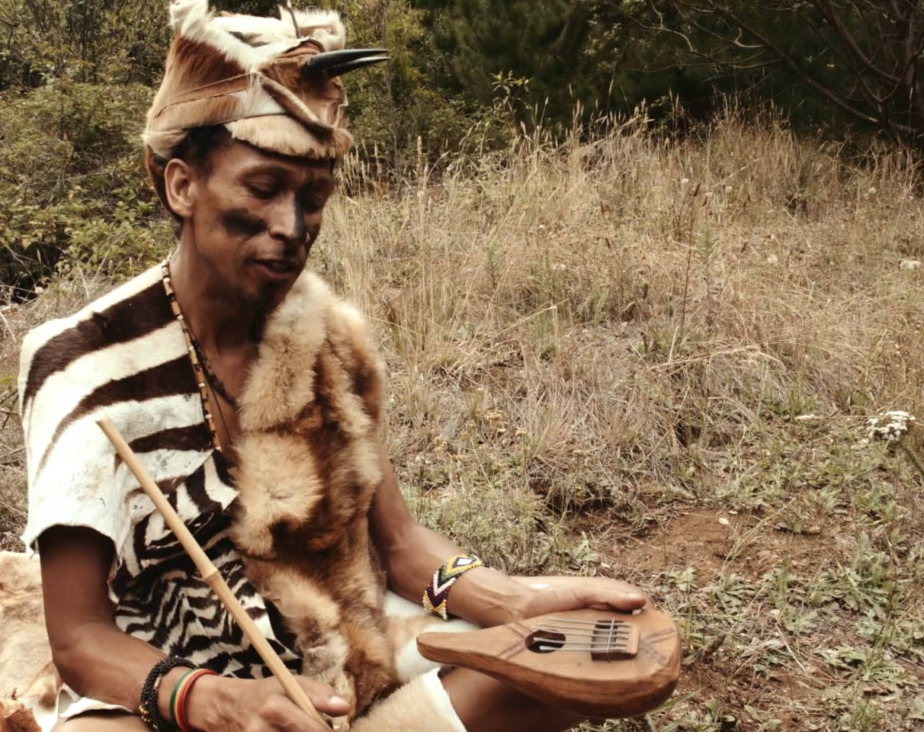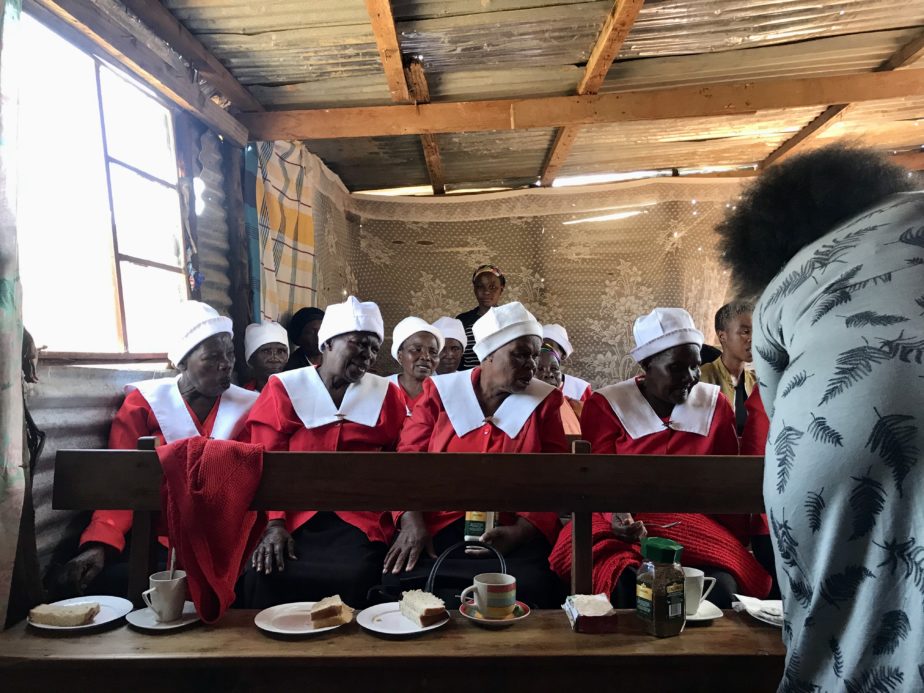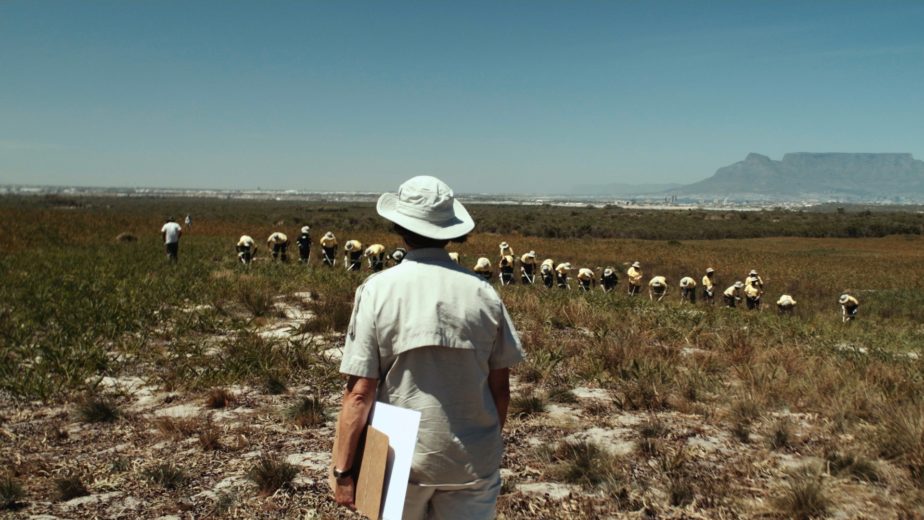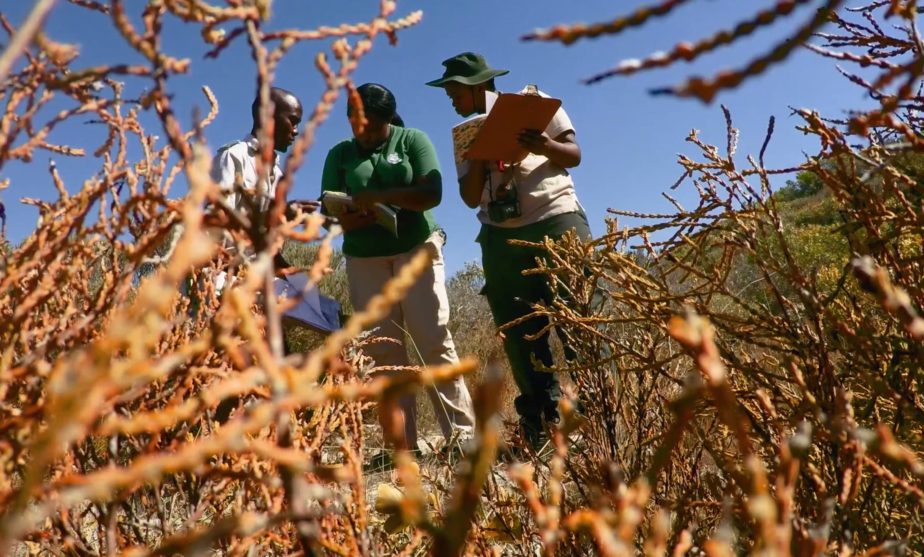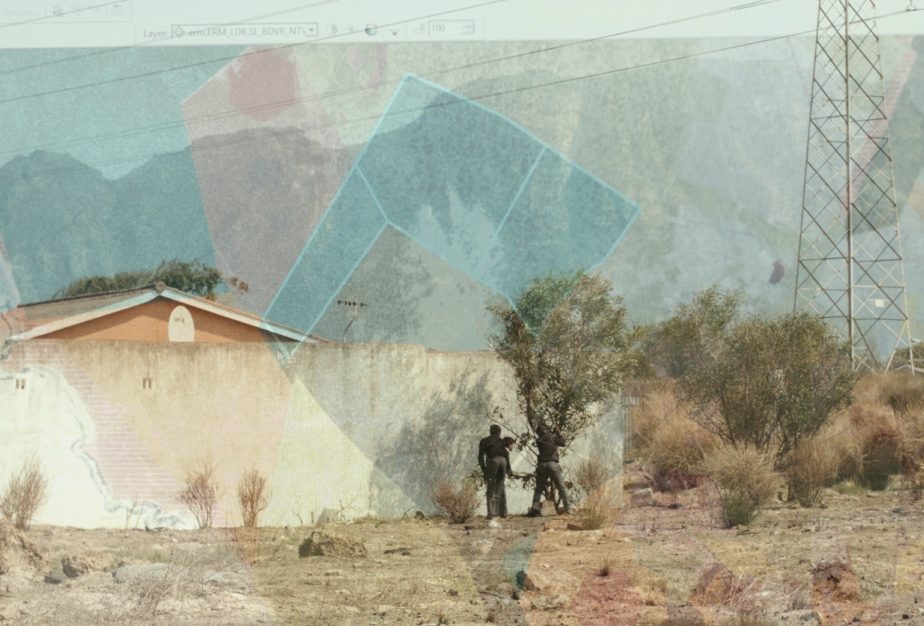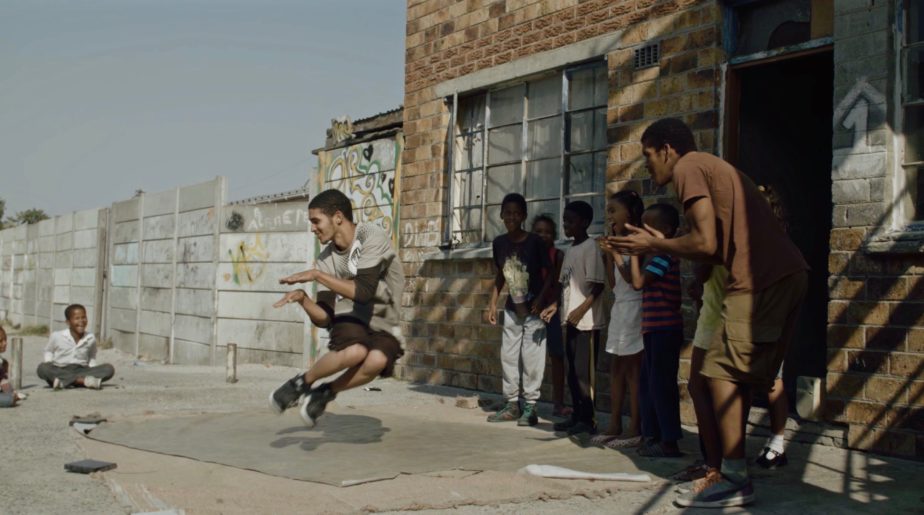Visual Environmental Humanities (VEH, 2017-2020)
Visual Environmental Humanities is a project funded by the Swedish Research Council Formas (Dnr 2016-00612) that explores filmmaking and cinematic languages as part of postdisciplinary/environmental humanities. The project is lead by Jacob von Heland at KTH together with Co-I Henrik Ernstson, The University of Manchester.
One reason why filmmaking is relatively absent from humanistic scholarship, is because the academic peer culture is wired around text and communication through reading and writing. Visual Environmental Humanities aims to bring together ideas and works of critically minded scholars and artists: hybrid peers, with mutual interests in researching the world and expressing themselves through films and filmmaking.
We strive to maintain an inclusive and critical approach to filmmaking that is historically grounded but that focuses on the novel and hybrid. Filmmaking of interest is critical, participatory, experimental and theoretically grounded from diverse geographies, cultures and traditions, including art, skate, essay, music, indie, documentary, fiction, new wave, Thai surreal, African griot, Nordic social provocations, Indonesian psychodramas.
The aim of the project is to:
- develop a trilogy of films that explores postcolonial ecologies and active colonial remains in three South Africa cities, Cape Town, eThekwini-Durban and Johannesburg.
- explore the conditions under which film can be produced and co-produced as situated knowledge, yet can travel and make connections, what we refer to as “cinematic ethnographies”;
- understand the role of screening films in different settings, from community screenings, film festivals, and teaching environments.
Major outputs (so far, April 2020)
- The cinematic ethnography film, One Table Two Elephants filmed in Cape Town had its World Premiere in 2018 and it is now used in teaching in several institutions in Africa, Europe, Oceania and North America.
- The second film, Lindeka’s Book: Provincializing Malfeasance, filmed in eThewkwini-Durban will have its release in 2020.
- The third film The Mass, with work in Johannesburg, will commence in 2020;
- The project has also served as platform to develop the (bi-)annual Crosscuts Film Festival in Stockholm that for two years, 2018 and 2019 has screened over 20 films with key notes from Trinh T Minh-ha to Saskia Sassen.
- The project also hosts and curates the film-based peer-review process Annals of Crosscuts, which in 2019 had more than 40 submissions from around the world and eventually reviewed more than 20 submitted films
The project is based at The Situated Ecologies Platform, funded by the Swedish Research Council Formas and affiliated with KTH Environmental Humanities Lab in Stockholm, African Centre for Cities at University of Cape Town, and the Department of Geography at The University of Manchester.
Contact
Jacob von Heland (PhD, PI), Research Fellow, KTH Environmental Humanities Lab, Department of Philosophy and History, KTH Royal Institute of Technology
Henrik Ernstson (PhD), Lecturer in Human Geography, Department of Geography, The University of Manchester and Honorary Associate Professor (2018-2023) African Centre for Cities, University of Cape Town
Full name of project: Towards a Visual Environmental Humanities: Using Filming and Writing to Explore Urban Politics in African Cities
Dnr at Formas: Dnr 2016-00612
Categories: Film Project, Research Projects, Teaching & Seminars

